California Winemakers Face Uncertain Future Amid Trump’s Proposed Tariffs on European Wines
- by Chris White ( RNG247 )
- about 9 months ago
- 134 views
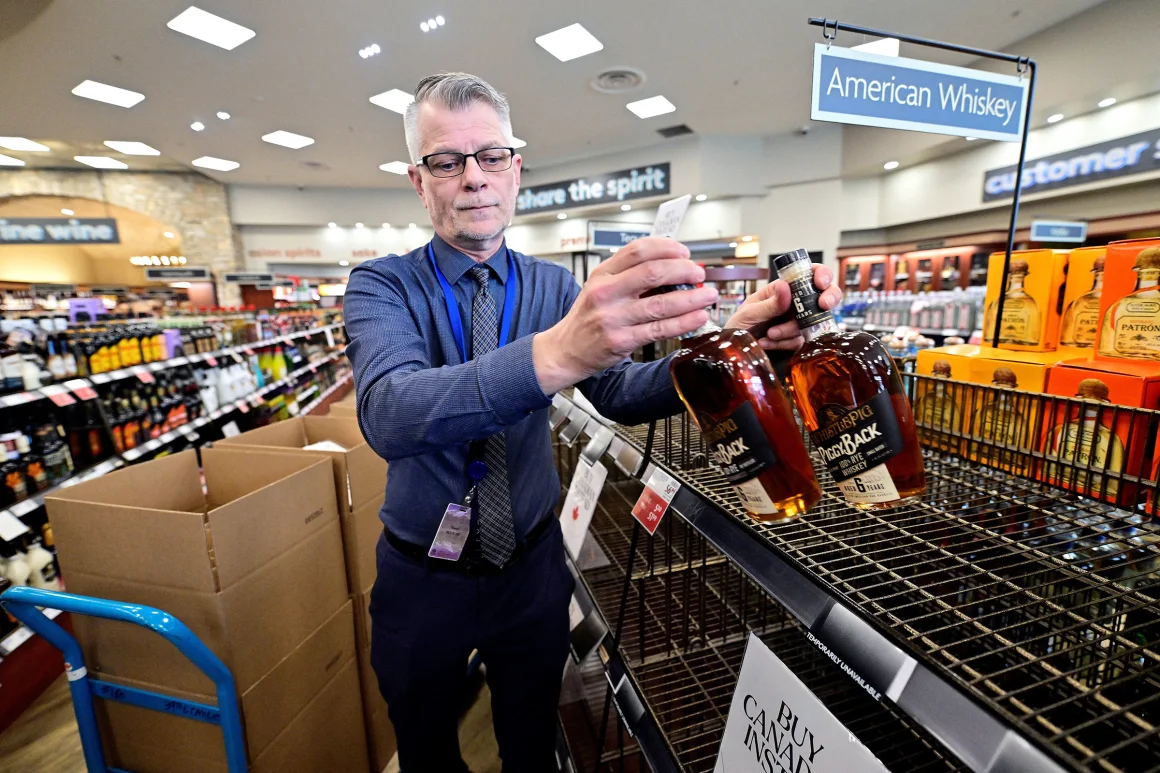
....Industry Leaders Weigh Potential Benefits and Risks as Trade Tensions Heighten
In a bold move last week, President Trump threatened to impose a staggering 200% tariff on all wine, Champagne, and other alcoholic products imported from the European Union, declaring on social media, “This will be great for the Wine and Champagne businesses in the U.S.” However, this proposal has stirred significant unease among California winemakers, who produce the majority of the country's wine.
While a faction of the industry holds a cautious optimism that higher tariffs could redirect consumer interest towards domestic wines, many are deeply concerned about the potential repercussions of such a steep tariff on an already fragile market grappling with diminished demand and the impacts of recent natural disasters, including wildfires and droughts.
John Williams, founder of Frog's Leap winery in Napa Valley, articulates this sentiment: “Even though we’re a farming family business, there’s a global link. This is not good for our industry in general.”
As the EU is one of the United States’ largest sources of imported alcoholic beverages, implementing these tariffs would inevitably inflate prices for consumers, making the simple act of ordering wine in restaurants or purchasing from local liquor stores considerably more expensive.
This tariff threat marks yet another escalation in the ongoing trade tussle between the United States and the EU. Following previous impositions of a 25% tariff on steel and aluminum, the EU has responded with tariffs on American products, including a 50% tariff on American whiskey set to take effect in April.
Williams’ apprehensions extend to the wine distributors—vital intermediaries who connect producers with restaurants and retailers. “We all rely on the same distributors,” he explained. “The health of those businesses is important to wineries all over the world.”
For smaller vineyards, the ramifications of escalating tariffs could be particularly harsh. John Duarte, a former Republican Congressman turned grapevine nursery operator, expressed that while large corporations may weather such tariffs due to customs duty rebates for exporting similar items, family-run wineries may find it much harder to survive. “The tariffs may end up favoring global wine companies that import and export,” he cautioned, emphasizing the need for more thoughtful trade solutions.
However, not all players in the industry view the proposed tariffs negatively. Bruce Lundquist, co-founder of Rack & Riddle—the largest sparkling wine producer in the U.S.—believes the tariffs could enhance demand for domestic sparkling wines. Despite acknowledging that a 200% tariff would be a severe blow to the Champagne market, Lundquist stated, “It would certainly be refreshing for American consumers to refocus on the wine products produced here in the United States.”
As this trade controversy unfolds, the future for California winemakers remains uncertain, with a fragile market at stake and the potential for new opportunities and challenges on the horizon.



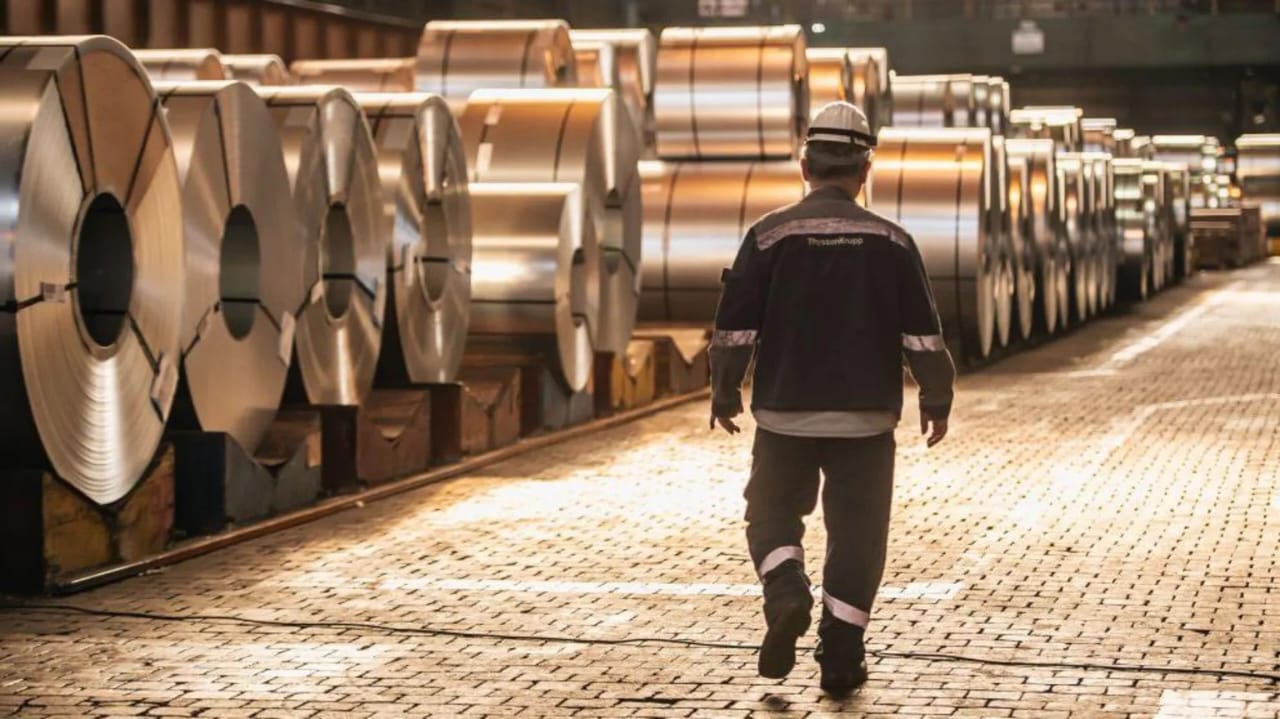
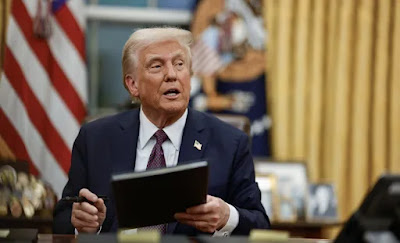


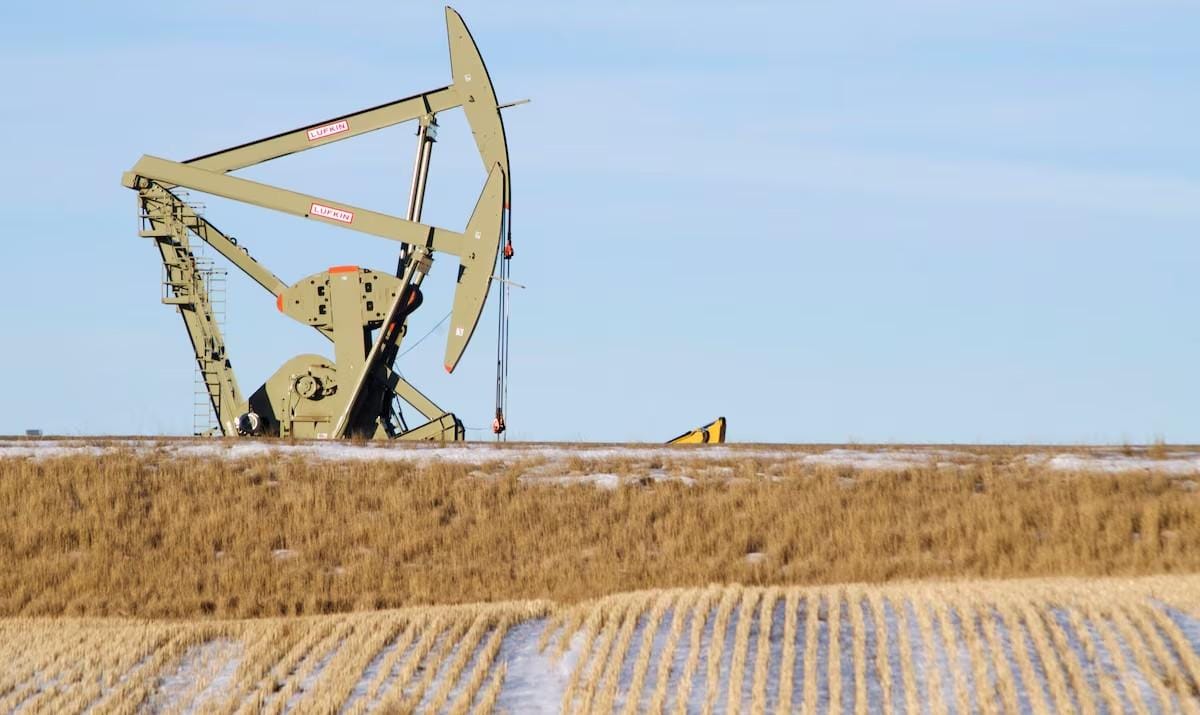
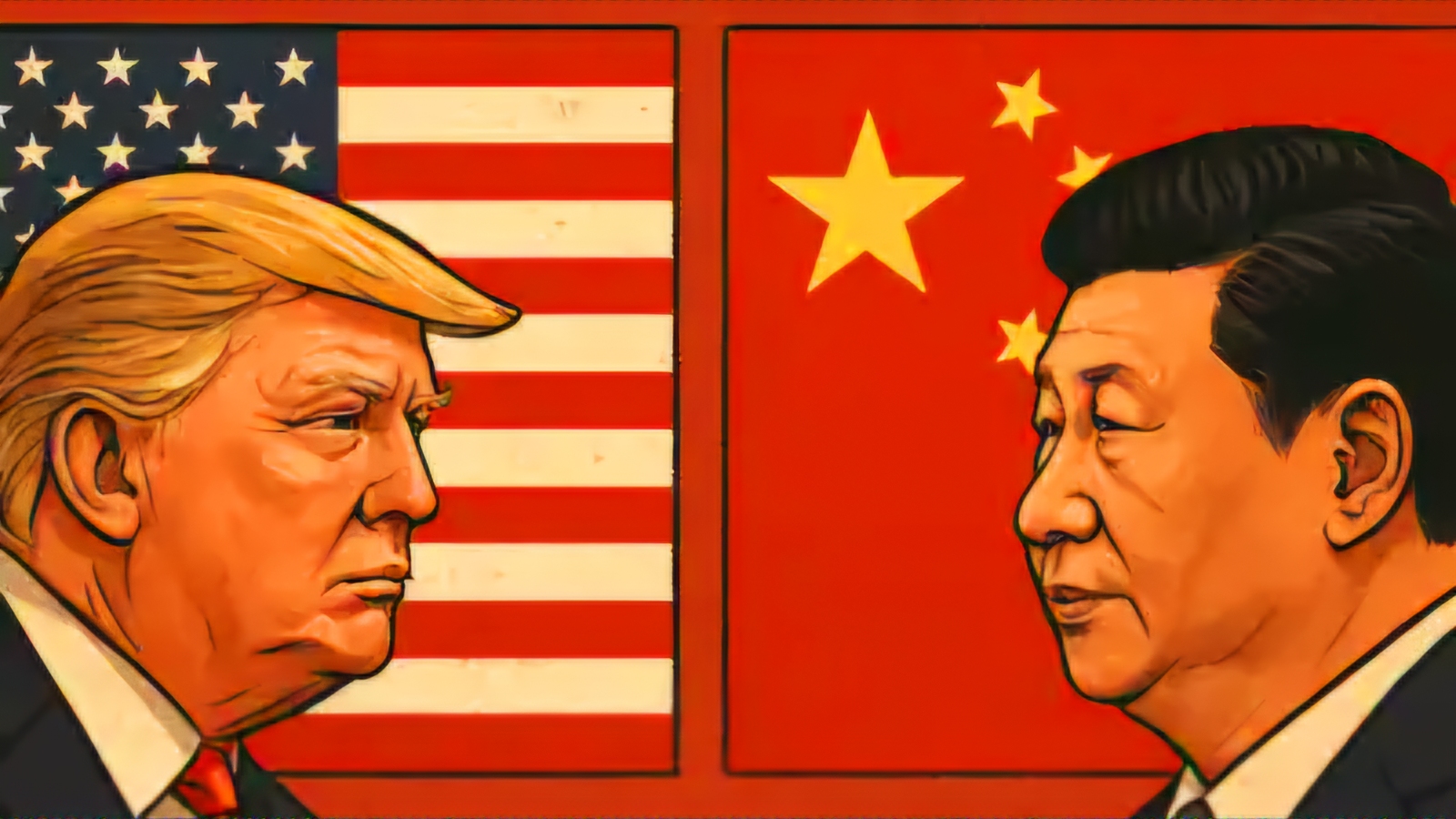
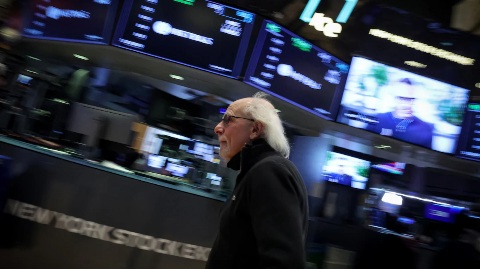
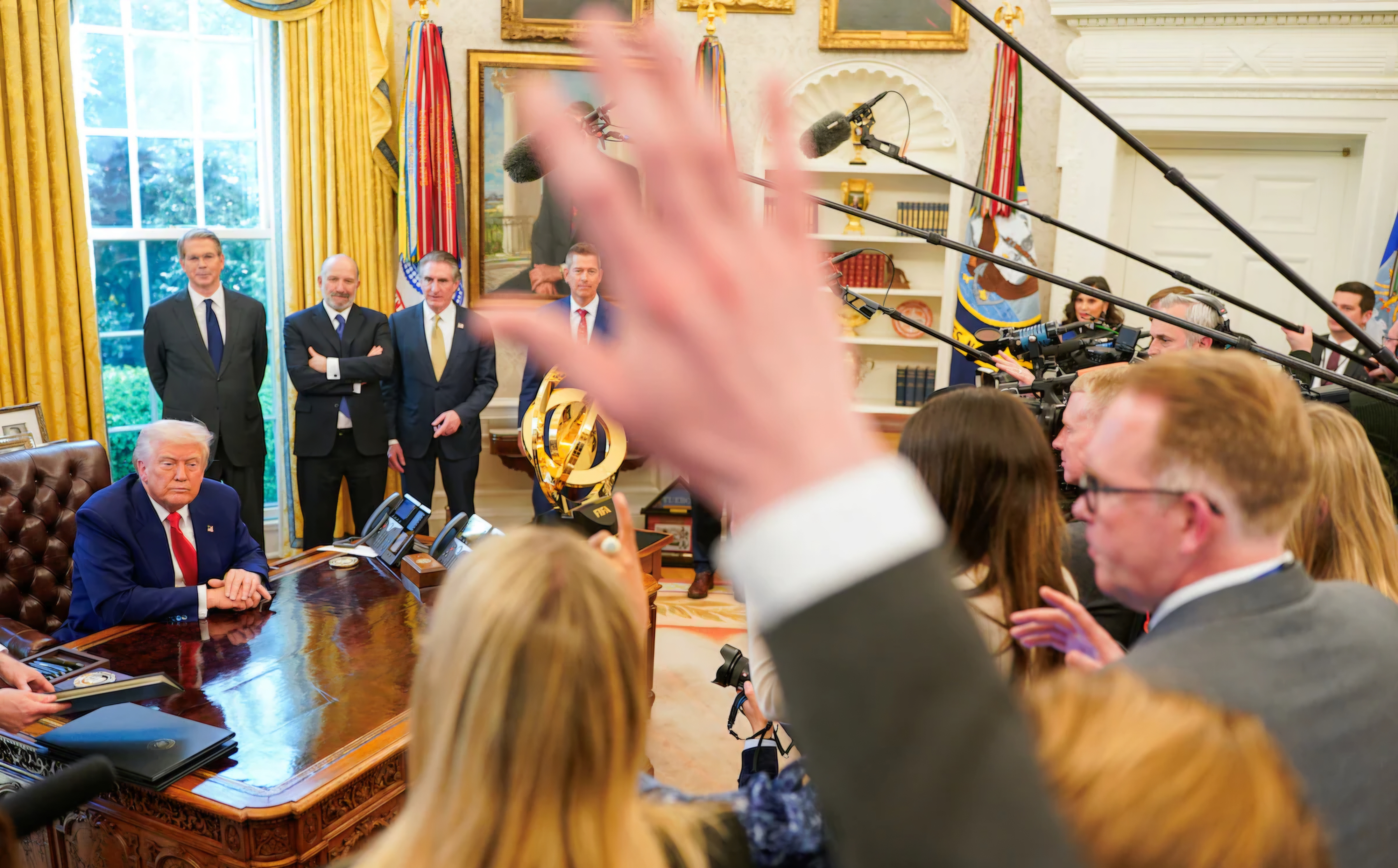
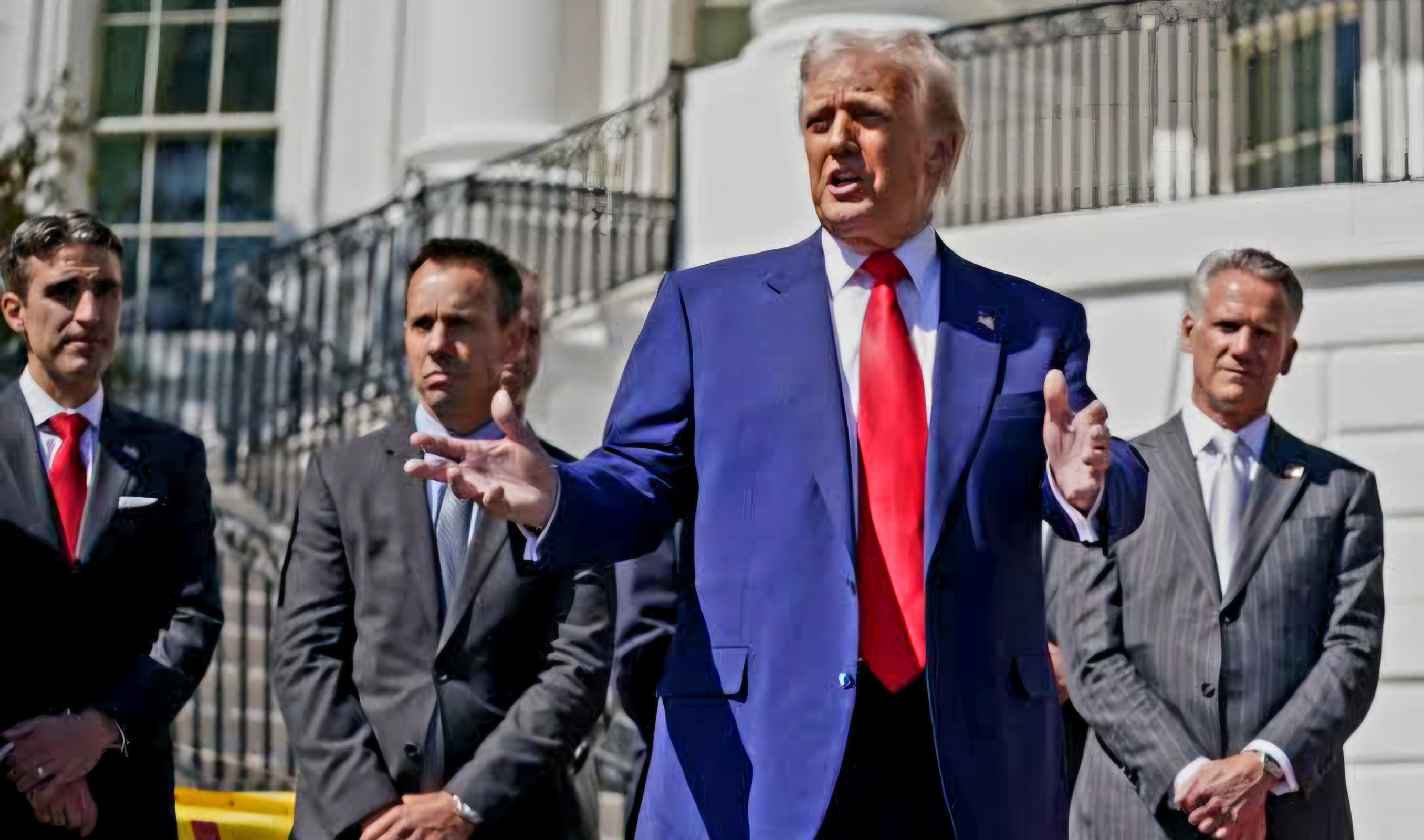
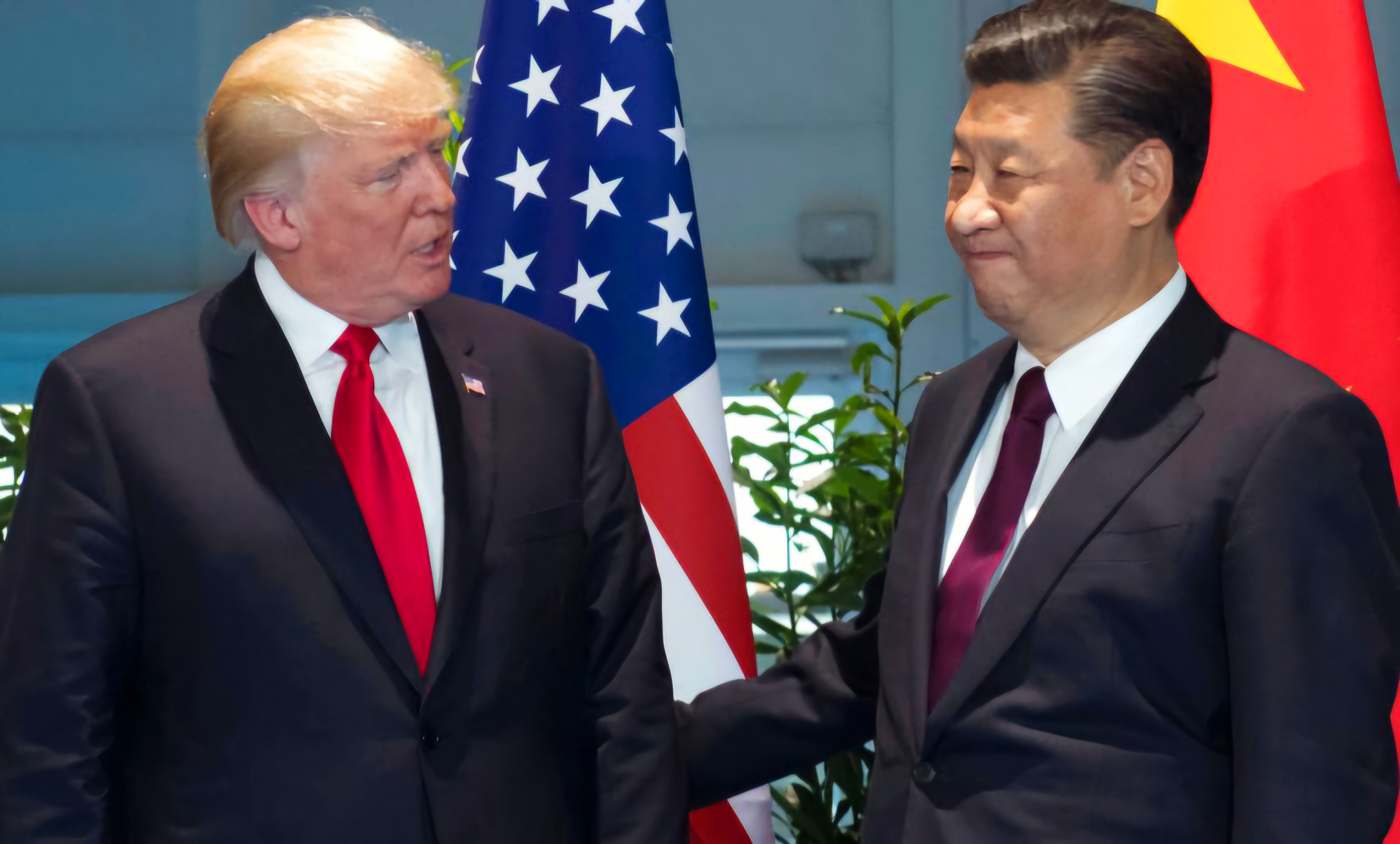
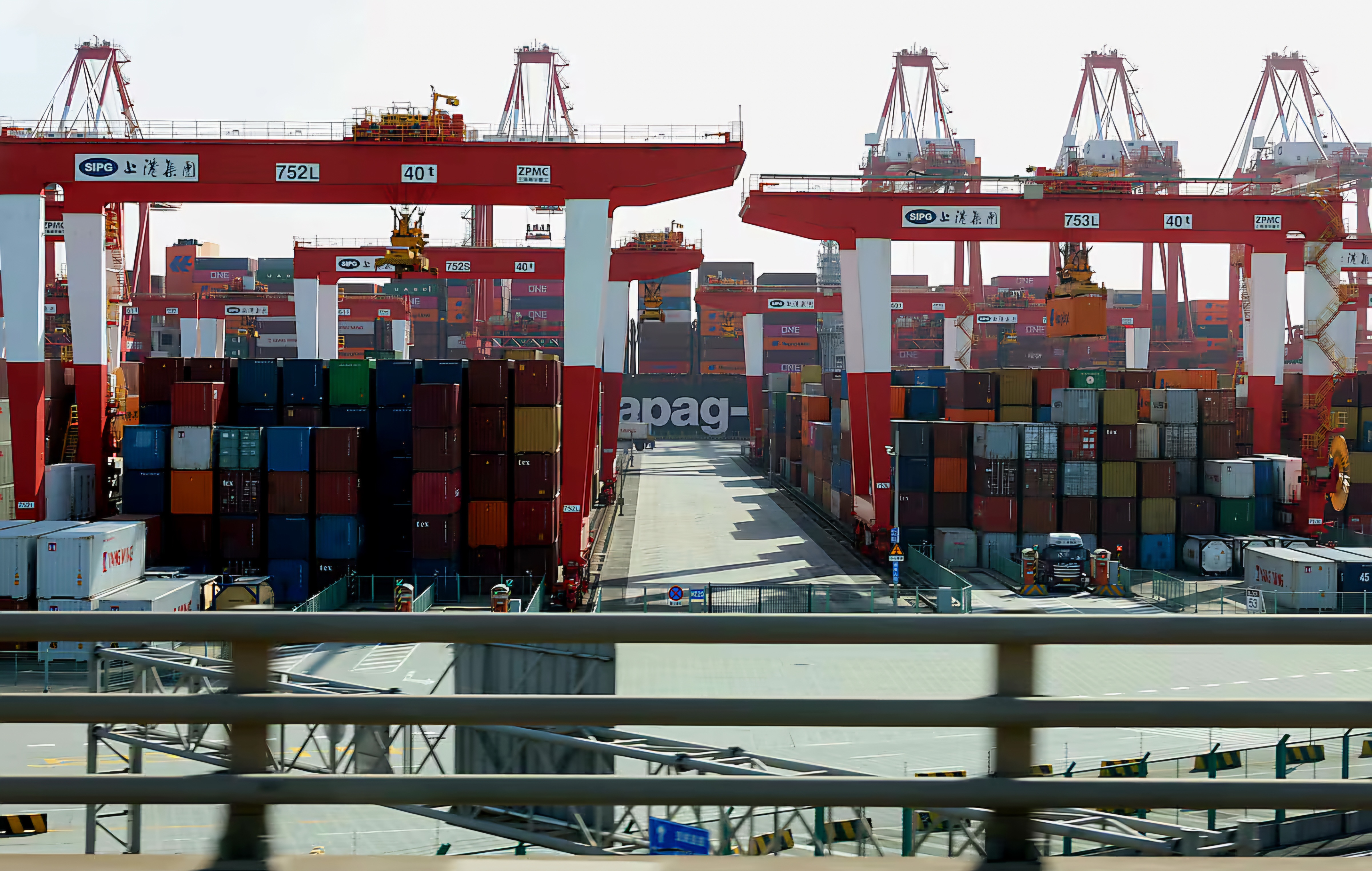
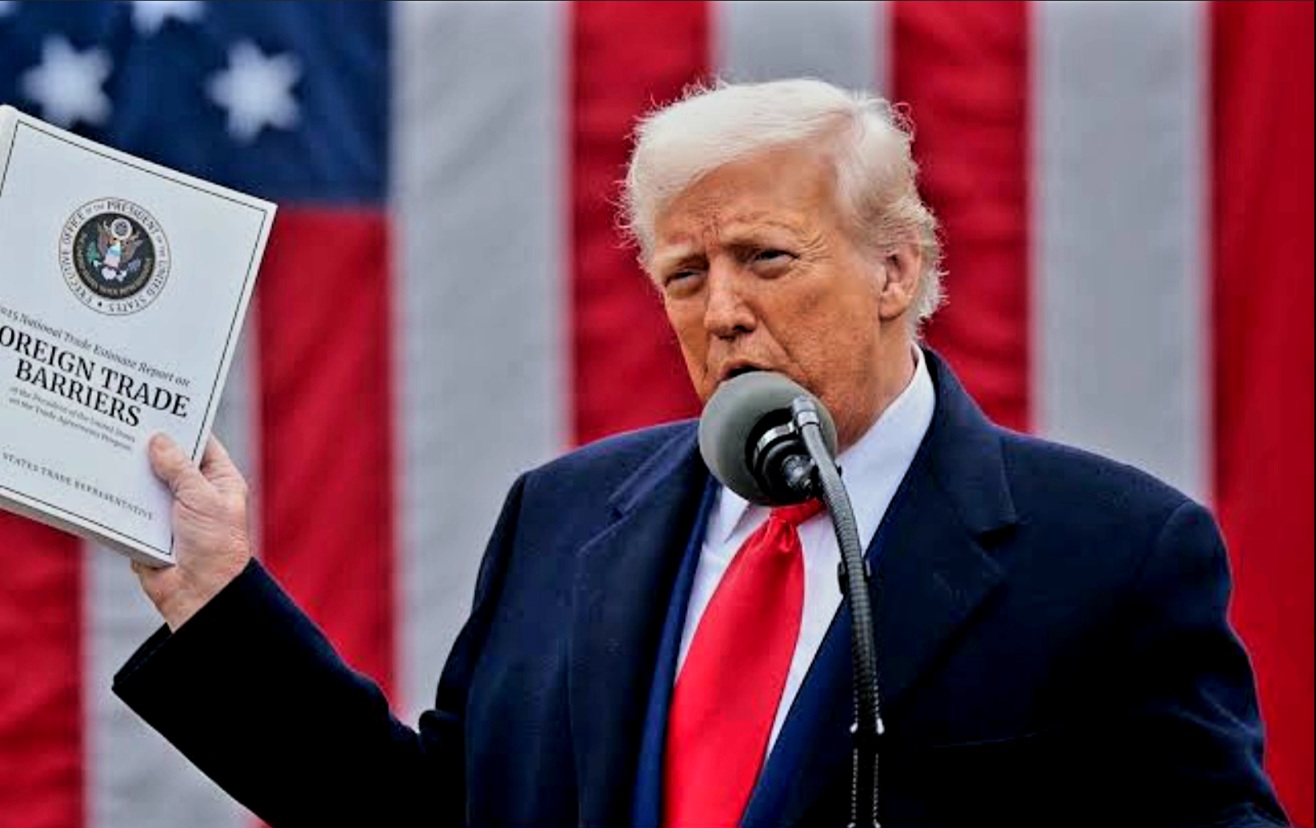

0 Comment(s)